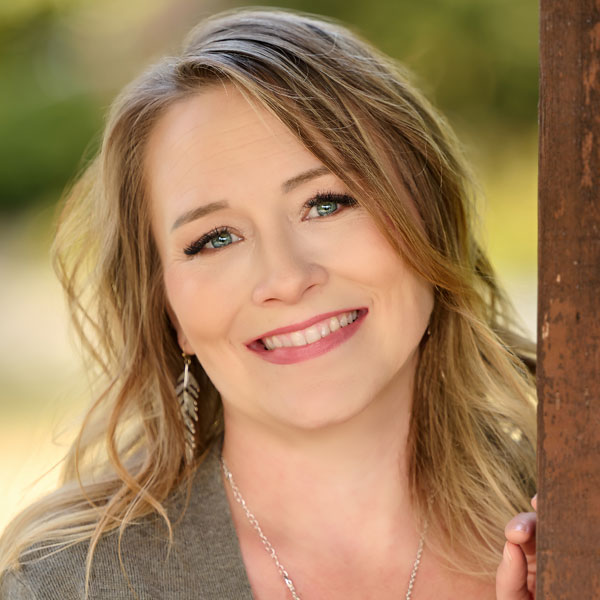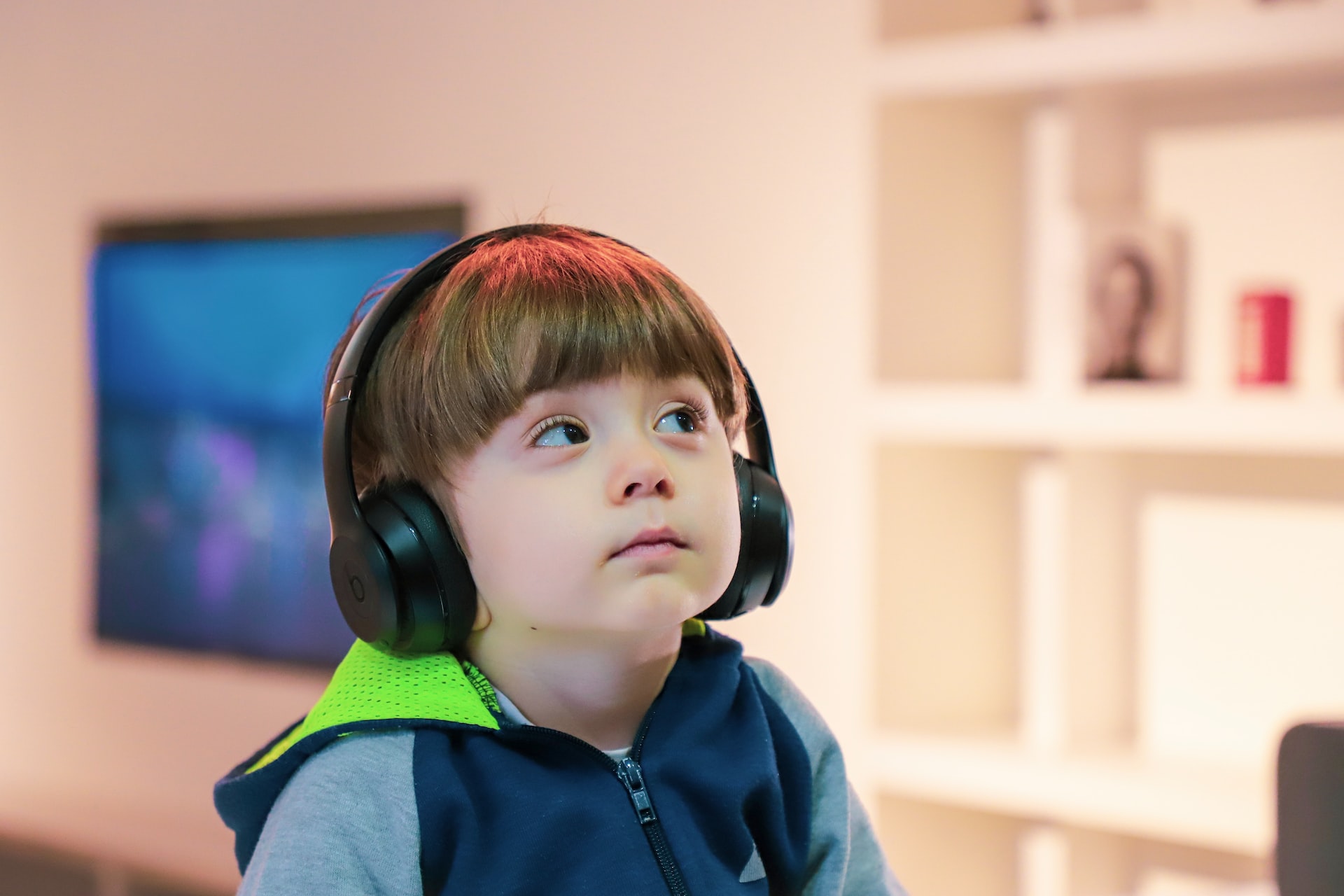-
 Tammette Chitwood : Author
Tammette Chitwood : AuthorAs your therapist, I will provide you with a welcoming and safe space to explore the desired outcome of your life. With empathy and compassion, I will seek to see your experiences through your lens and work with you toward holistic healing – physical, emotional, mental, relational, and spiritual – with God’s help and direction. My desire is to walk alongside you on this journey and help you to realize the potential you have within to achieve greatness and restoration in your personal life and relationships.
-
 Kate Motaung : Curator
Kate Motaung : CuratorKate Motaung is the Senior Writer, Editor, and Content Manager for a multi-state company. She is the author of several books including Letters to Grief, 101 Prayers for Comfort in Difficult Times, and A Place to Land: A Story of Longing and Belonging. Kate is also the host of Five Minute Friday, an online writing community that equips and encourages Christian writers, and the owner of Refine Services, a company that offers editing services. She and her South African husband have three young adult children and currently live in West Michigan. Find Kate’s books at katemotaung.com/books.
Every relationship experiences challenges in one season or another, including the ones we consider healthy. When we encounter this with our teens, we need not be shaken by this. Our adolescents are emerging into adults. The transitions that they endure produce growing pains. Some, we see and are privy to, and others are private. While we experience the tumult of the teen years with our sons and daughters, it can feel as if we are going through our own
Children feel anxious just like adults do, though many adults don’t recognize it as such or know how to help their children manage it. It is normal for children to feel fear or worry about some things. They feel anxious in the dark, around strangers, or maybe when they are away from their caregivers for a while. As they grow and mature, many of these fears will subside, but they can become more severe and need more attention from
Did you know that you can journal for better mental health? Research shows that it is one of the best ways to improve your mental health. You can journal in different ways to process your emotions and gain peace and healing. Though most of us spend our days interacting in the electronic world, writing on paper can be soothing and therapeutic. You don't have to get fancy to get the benefits of journaling. A simple spiral notebook is perfectly fine.
Parenting a child with mental health struggles like ADHD and autism is a constant challenge. If your child has ADHD or autism, you have been learning the best ways to help your child with his or her unique challenges in any environment. You supported your child in elementary school. You connected the child with aides and resources. Now it is time for middle school. When puberty hits it adds a new layer of complications to both their personal development
Codependency was first discovered and described in relationships between alcoholics and their spouses. Experts have realized that codependency can also happen in non-addiction-related situations and relationships, but that codependency recovery is possible. Codependency, or a pattern of over-dependence and enabling between two people, can quickly become entrenched and linger for years or decades. Recovery may be difficult, but again, it is possible. Some common situations that can lead to codependency include mental health conditions, eating disorders, enmeshed families, and
It can be frustrating when your mind and body don’t do what you want them to. We all experience this unpleasant disjuncture between our desires and our reality, and that is part of the harsh truth of the human condition. For some among us, this disjuncture is connected to neurodevelopmental challenges that mean that their minds don’t function in typical ways. One such set of challenges takes the form of the condition known as autism. Autism is a spectrum.
Sibling support for children with autism or other special needs is essential yet often overlooked. The phrase “it takes a village to raise a child” is true for all children, but especially for individuals with autism or other special needs. For instance, when a child is diagnosed with autism spectrum disorder (ASD), it not only impacts their lives, but also their parents and siblings. Within the United States, 1 in 44 children are diagnosed with ASD each year (CDC,
The term “Highly Sensitive Person” (HSP for short) refers to someone whose nervous system is wired differently from others. They are deeply affected by sensory information, like excessive noise, bright lights, or violent movies. The highly sensitive person also tends to observe and “ingest” the emotions of those around them, embodying others’ feelings for long periods. This trait affects people of all ages and backgrounds and can prove to be burdensome and draining. Nowhere is it more of a
When people hear the word neurodivergent initially they think of autism spectrum disorder, a neurological condition characterized by differences in social communication, as well as, sensory-motor behaviors that may be restricted or repetitive. While ASD is one of the primary diagnoses of neurodivergent persons, it is not the only one. ADHD, dyslexia and dyspraxia, and other developmental conditions also fall under the neurological conditions that an individual is born with. The term “neurodivergent” is used to describe normal and
A common response to trauma is emotional avoidance. Those who suffer from post-traumatic stress disorder (PTSD) sometimes include emotional avoidance to avoid unpleasant or painful emotions. This is part of the avoidance cluster of PTSD. Any action intended to stop the occurrence of unpleasant emotions, such as fear, sadness, or shame, is referred to as avoidance. For instance, a person might turn to drugs or dissociation to avoid unpleasant emotions. Short-term relief of emotional avoidance may both be possible











